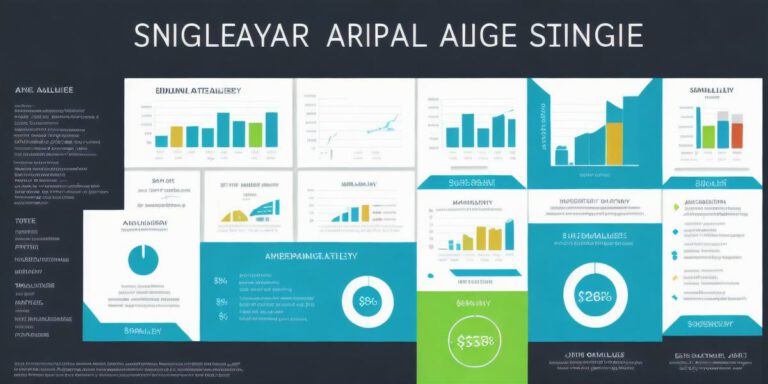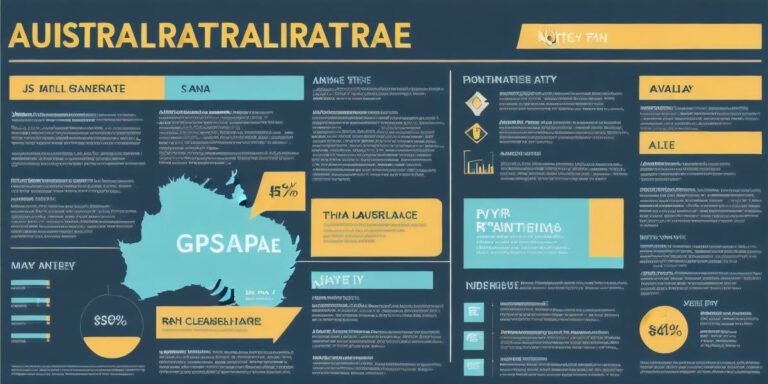Introduction
College professors are some of the most dedicated and passionate individuals working in today’s world. They invest their time, energy, and expertise into educating the next generation of leaders, thinkers, and innovators. But what do they get in return for their hard work? In this article, we will explore the current state of college professors’ salaries, including average salary ranges, factors that affect salary, and the implications of low salaries for both professors and institutions.
Factors Affecting Salary
There are several key factors that can influence a professor’s salary. One of the most significant is the level of education required for the position. Professors with advanced degrees or specialized expertise may command higher salaries than those with bachelor’s degrees. Additionally, the type of institution – public or private – can also affect salary. Generally speaking, professors at private institutions tend to earn more than their counterparts at public institutions.
Another important factor is the department or field in which the professor works. Some fields, such as engineering and computer science, are highly sought after and may command higher salaries. On the other hand, professors in the humanities or social sciences may have a harder time finding well-paying positions.
The Location of the Institution can also play a role in a professor’s salary. Professors working at institutions located in urban areas tend to earn more than those working in rural or suburban areas.
Average Salary Ranges
According to data from the American Association of University Professors, the average salary for a full-time professor at a four-year institution in the 2019-2020 academic year was $75,420. However, this number can vary widely depending on factors such as institution type and department.
For example, professors working at private institutions tend to earn more than those at public institutions. The AAUP reports that the average salary for a professor at a private four-year institution was $91,580 in 2019-2020, compared to $74,660 for their counterparts at public institutions.
Implications of Low Salaries
Low salaries for college professors can have significant implications for both professors and institutions. For professors, low salaries can make it difficult to support themselves and their families. This can lead to burnout, decreased job satisfaction, and even attrition – the loss of talented professors who leave the field due to financial difficulties.
For institutions, low salaries can lead to a lack of diversity in the faculty, as well as a decrease in the quality of education provided. When professors are not paid fairly, it can be difficult to attract and retain top talent. This can ultimately harm the institution’s reputation and ability to compete for students and funding.
Conclusion
College professors play a crucial role in shaping the future of our society. But they cannot do so if they are not paid fairly for their work. While salaries can vary widely depending on factors such as level of education, institution type, and department, it is clear that many professors are not being compensated fairly for their hard work. It is important for institutions to recognize the value that professors bring to the table and take steps to ensure that they are paid appropriately. By doing so, we can support both our professors and the future of education.
FAQs:
- What is the average salary for a full-time professor at a four-year institution in the US?
According to data from the American Association of University Professors, the average salary for a full-time professor at a four-year institution in the 2019-2020 academic year was $75,420. - What are some factors that can affect a professor’s salary?
Several key factors can influence a professor’s salary, including level of education required for the position, institution type, department or field, and location. - How do low salaries for college professors impact institutions?
Low salaries for college professors can lead to a lack of diversity in the faculty and a decrease in the quality of education provided. It can also harm the institution’s reputation and ability to compete for students and funding.







+ There are no comments
Add yours